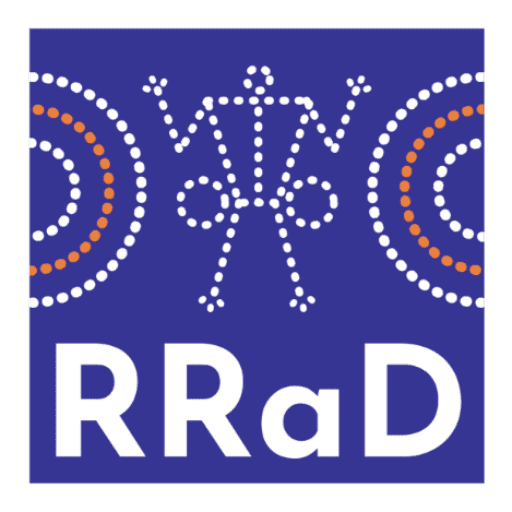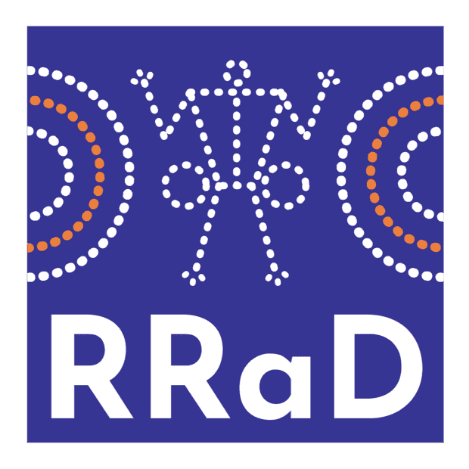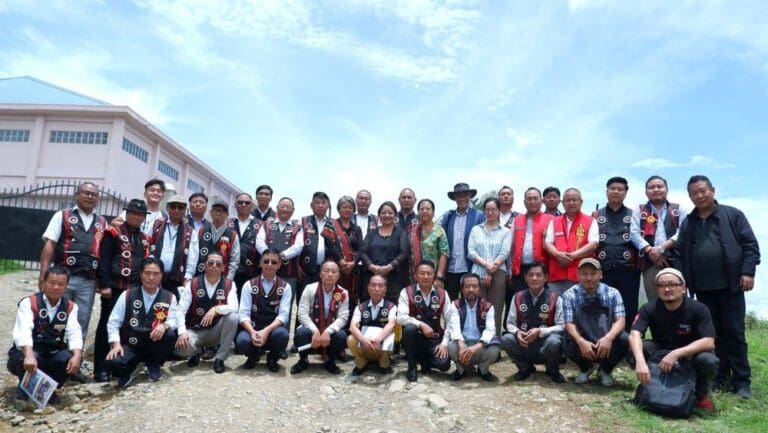To the uninitiated, yours truly included, the idea of decolonisation equated to the process of delinking or withdrawing political supremacy from a subjugated people by an imperial state. It later dawned that the term is far deeper than that. It not only includes the political process of the ruler freeing the ruled, but also transformation of mindset.
In the Naga context, it would imply a symbolic as well as literal unshackling from a seemingly servile attitude rooted in the master-subject relationship shared with the former British colonial administration, besides the present-day patron-client fiscal relationship between the Government of India and the Government of Nagaland.
In the academic world, the process of decolonisation has seen the repatriation of aboriginal human remains, stashed away as ethnographic displays in museums, as was with the Maoris and indigenous Hawaiians. For the Naga people, the journey is only beginning, in the shape of the Recover Restore and Decolonise (RRaD) project— a project to repatriate a collection of Naga ancestral human remains from the Pitt Rivers Museum, University of Oxford. Dialogue has started and the conversations so far have centred on the essence of the repatriation initiative and the practical aspect of handling/treating the remains, once they are repatriated.
The project is by no means a small feat and for all its noble intent is also not bereft of questions and reservations. One question in particular relates to the form of last rites imagined for the remains— Will it be entirely pre-Christian or a bit of both?
If it is the latter, and assuming that the remains belonged to non-converts, it brings up an ethical question, and one which, if put into motion, would be contrary to the sentiments of the pre-Christian Naga worldview.
The other reservation arises from a perceived paradox in the stated objective of the project vis-à-vis decolonisation. The project, in essence, is affecting a political as well as symbolic unshackling from a mindset shaped by the philosophy of a colonial past. On the other, ignoring the far-reaching impact of a colonial legacy called Christianity, which seems paradoxical. Like an anti-biotic, it neutralised not only harmful bacteria (head-taking) but also other traditional practices deemed pagan.
Another question has been: “Why only the human remains?” For someone, who associates relics (of the past) with history and the academic value it holds for the present and for posterity, and given the conceptual idea of the project, it would not be unfair to demand and repatriate the other cultural artefacts stored not only in the Pitt Rivers Museum but also in other museums. Let the artefacts be brought back for the benefit of the source community, most of whom, today, have not seen Naga artefacts of old in physical form.
As has been maintained from the very start of the repatriation dialogue, the process or project must be on Naga terms and an honest endeavour of the safe-keepers to truthfully ‘decolonise’ and not merely a PR exercise for the museum.
The writer is a Principal Correspondent at The Morung Express. Comments can be sent to imkongwalls@gmail.com
First published in The Morung Express December 15 2022
Link: https://morungexpress.com/truly-decolonise




